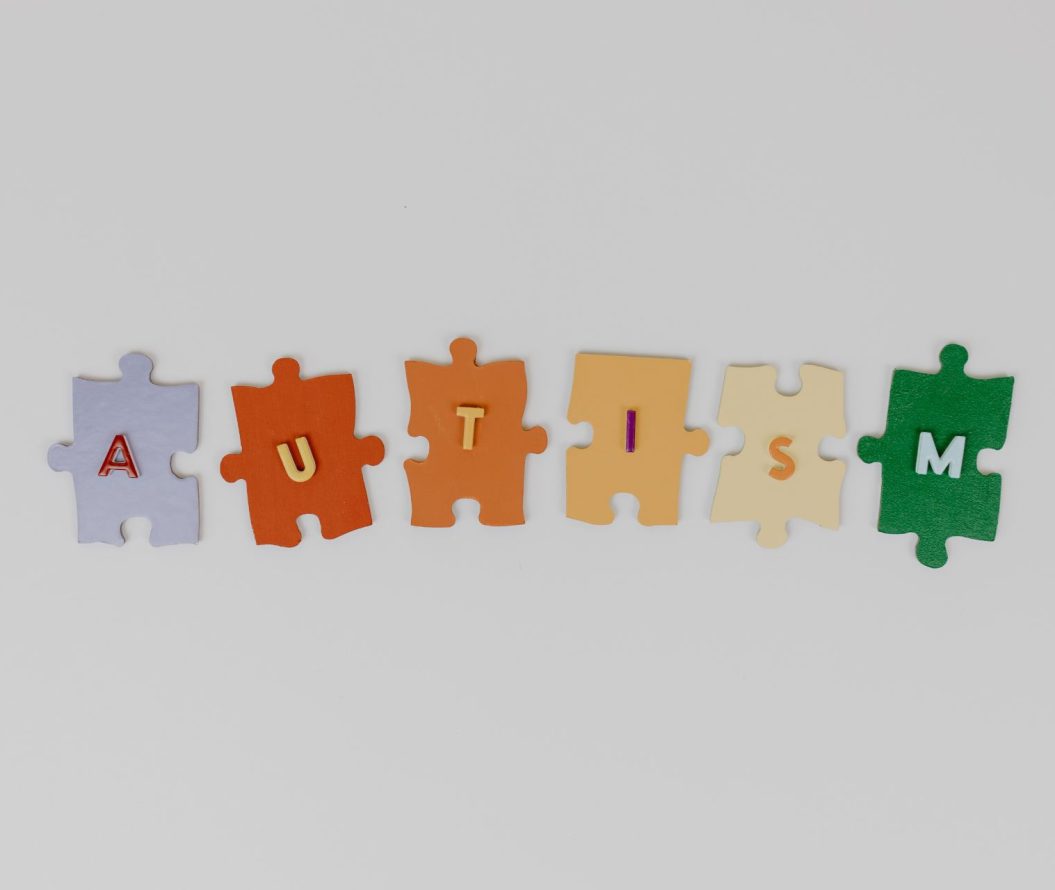Hi, I'm Beth and I'm a post-graduate student studying Marketing! I studied a BSc Events Management here in Lincoln so I have a particular interest in the events going on around the city. In my spare time, I love to…

Whether you’re in your first year or third year, referencing can still catch you out and be a difficult process. Here’s a list of dos and don’ts to keep your referencing up to scratch!
Do – Get your free copy of the referencing handbook from the library. My handbook hasn’t left my side for all the assignments I’ve had to do, but if you do forget it or simply don’t want a physical copy, you can download one online from the library website instead. If you find yourself struggling, you can also ask your subject librarian for help. It’s what they’re there for!
Don’t – Copy the style that your friend is doing or helping you to do. Whilst it is good to get some peer support, different courses use different styles. Instead, refer to your handbook and, whatever you do, don’t just wing it.
Do – Get some software to help you keep track of your references. In the past, I have used RefWorks to help me with bigger assignments, as it helps write the references in the correct style and keep track of them. The library provide access to both RefWorks and EndNote (both do similar things). Just make sure you still give the references a check over when you’re done.
Don’t – Find a reference in an academics’ work and copy it over. Even if you have read the work, the reference may not be correct. Whilst it might look similar to the style you use, it is not worth the hassle of potentially getting it wrong. Spend the time and write it out yourself.
Do – This may be the most important of all as most students, including myself, have made this silly mistake. WRITE YOUR REFERENCES AS YOU USE THEM. I cannot stress this enough. For me, even if I haven’t written it in my work and I think I might use it in the future, I add it to a list that I keep separate from my work, including a link to find it again if needed (you can always add them to a bibliography if you want to show you’ve read around the subject). Then, at the end of the assignment whilst proofreading, I move all the references I have used over to the main document.
Don’t – Leave all of your referencing until the last minute. Trying to find an article you read two weeks ago with only a name and date can be difficult (trust me I know). When you leave it all until the end, you risk having incorrect references and even missing some out and plagiarising, which is a definite no-no.
Referencing is very important in academic work, so it has to be done correctly. Make sure you follow all of my ‘Dos’ for an easy and flawless reference list, and remember to seek extra help if you need it. There is plenty out there!
This article is featured on Learning at Lincoln.
Please note: This content was created prior to Coronavirus, and some things might be different due to current laws and restrictions. Please refer to the University of Lincoln for the latest information.




